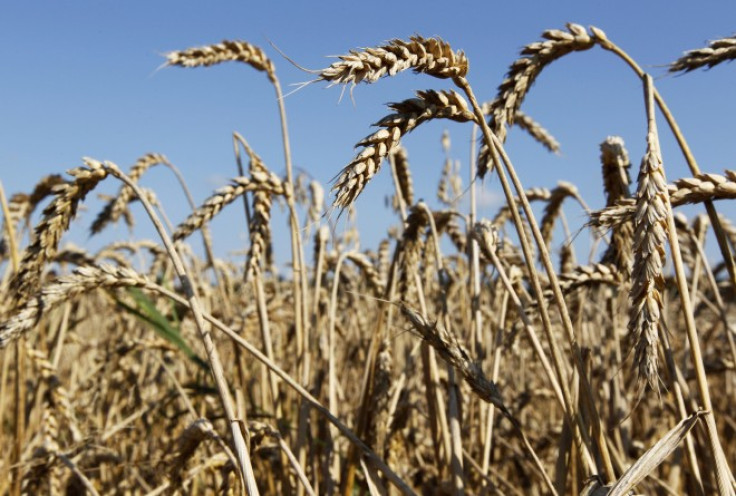Scotland to outlaw cultivation of genetically modified crops

Scotland is to ban the cultivation of genetically modified (GM) produce, the country's rural ministry has announced.
Rural affairs secretary Richard Lochhead said he was not prepared to "gamble" with the future of Scotland's £14bn food and drink sector.
The Scottish government intends to take advantage of new EU rules allowing member states to decide whether or not they want to grow GM crops.
But farmers say the ban will hurt the competitiveness of their produce.
A GM crop variety is created by altering the plant's DNA in a lab, typically to give it a new trait which does not occur naturally in the species, such as resistance to certain pests or pesticides.
The EU imports large quantities of GM produce from overseas, mostly soy bean, cotton and maize from the US.
'Long-standing concerns'
"Scotland is known around the world for our beautiful natural environment – and banning growing genetically modified crops will protect and further enhance our clean, green status," Lochhead said in a statement on 9 August.
There is going to be one side of the border in England where they may adopt biotechnology, but just across the River Tweed farmers are not going to be allowed to. How are these farmers going to be capable of competing in the same market?
"There is no evidence of significant demand for GM products by Scottish consumers and I am concerned that allowing GM crops to be grown in Scotland would damage our clean and green brand, thereby gambling with the future of our £14bn food and drink sector.
"Scottish food and drink is valued at home and abroad for its natural, high quality which often attracts a premium price, and I have heard directly from food and drink producers in other countries that are ditching GM because of a consumer backlash."
He continued: "The Scottish government has long-standing concerns about GM crops – concerns that are shared by other European countries and consumers, and which should not be dismissed lightly.
"I firmly believe that GM policy in Scotland should be guided by what's best for our economy and our own agricultural sector rather than the priorities of others."
'Very disappointing'
Andrew McCornick, vice president of the National Farmers Union Scotland (NFUS), said the move would hurt farmers and make their products less competitive.
"There is going to be one side of the border in England where they may adopt biotechnology, but just across the River Tweed farmers are not going to be allowed to. How are these farmers going to be capable of competing in the same market?" he told the Scotsman newspaper.
"It certainly won't be delivering a level playing field with other countries."
NFUS president Allan Bowie added: "It is very disappointing. The hope was to have open discussion and allow science to show the pros and cons for all of us to understand either the potential benefits or potential downsides.
"What we have now is that our competitors will get any benefits and we have to try and compete. It is rather naive."
© Copyright IBTimes 2024. All rights reserved.






